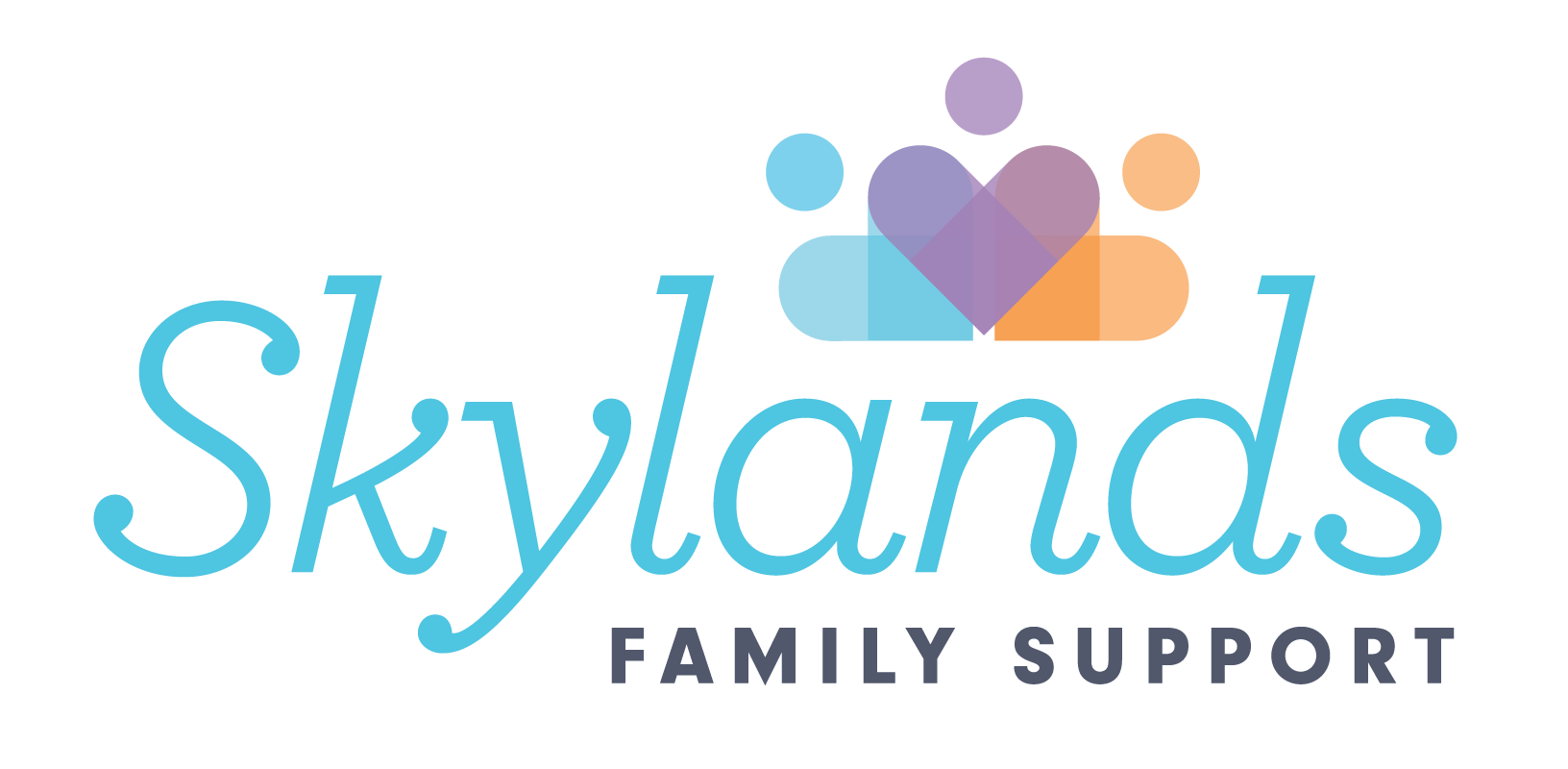You’re proud to be a service provider that truly makes a difference in the lives of families across New Jersey.
That’s why working with a support coordination agency that understands and aims to make your job easier is important.
When you’re a service provider working with Skylands, we ensure:
- All parties in the process are informed
- All parties are in constant communication with one another
- Individual Support Plans are correct
- Your input and professional opinion are considered
- The individual is authorized the proper number of units for services
Additionally, as a self-approving agency, we can skip sending our plans to the state for approval and instead approve all changes in-house, instantly.
We want to build a relationship with you and work together towards one goal – improving the lives of the individuals in our community and promoting the continued success of them and their families.
Service Provider FAQs
A support coordination’s main responsibility is customizing support care for individuals and working hand-in-hand with you to provide the necessary services and resources. A support coordination agency will collaborate with New Jersey Department of Developmental Disabilities (NJ DDD) service providers like you to work towards one common goal: improving the lives of individuals with special needs and their families.
An experienced and reliable support coordination agency will maintain continuous communication with its service providers. The agency should ensure that:
- All parties are in constant communication with one another
- The Individualized Service Plan (ISP) remains correct and updated
- Your input and professional opinion are always considered
- The individual is authorized for the proper number of units for services
Some support coordination agencies are self-approving, meaning they can skip sending support plans to the state of New Jersey. Instead, they write and approve support plans in-house. This streamlines the entire support coordination process, making your job easier and providing necessary care to individuals and their families quickly, without delay.
When offering services to individuals through a support coordination agency, you will need to complete ISP worksheets, the Addressing Enhanced Needs form, program calendars, and scripts for therapeutic services. The specific documentation requirements may vary based on the agency and the type of services you provide. It’s important to communicate with the support coordination agency to understand their documentation expectations, and also to get these documents to the agency in a timely manner.
Collaboration with the support coordination agency is key to providing quality services to individuals with disabilities. Establishing open communication channels, attending meetings and trainings and actively participating in the planning process are essential. Regularly sharing updates and progress reports, providing feedback for monitoring services, cooperating with visits and scheduling, and addressing any concerns promptly helps maintain a strong working relationship with the support coordination agency and ensures the best outcomes for individuals.
If there are changes or updates to the services you provide to individuals, it’s important to communicate them to the family and planning team, as they will need to approve before you move forward. It’s also vital that all members of the planning team have access to these changes so they can discuss them during team meetings. The cooperation between service providers, families and support coordinators is crucial.
In addition, depending on the nature of the changes, you may need to obtain prior approval or revise the service authorization. It’s best to consult with the support coordination agency to understand their specific procedures for handling service updates.
In the event of an emergency or urgent situation, prioritize the safety and well-being of the individual by contacting emergency services. For more information on how to handle emergency situations, visit the following websites:
- The NJ DDD – you can subscribe to the DDD communications list here
- Public Partnerships




